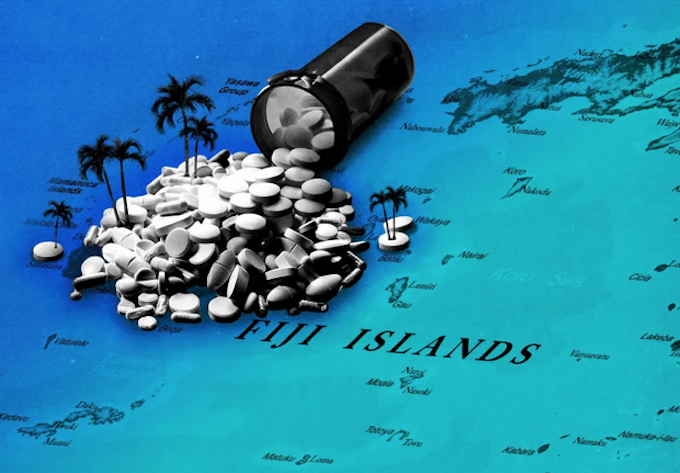Finally!
It is encouraging to finally note the move by the Government to embrace rehabilitation services as part of our counter narcotics strategy.
We can fight the war with the police and other stakeholders.
The question we have been asking over the past three years though is how do we assist those who are already addicted to ‘ice’ to return to their normal lives?
In the end, it should also be about assisting addicts to get back some semblance of order in their lives.
Minister for Home Affairs and Immigration Pio Tikoduadua said Government recognised the critical need to support people battling addiction, which was why there were plans to establish facilities across the country.
These facilities would be designed to offer comprehensive programs aimed at assisting those suffering from addiction.
They include the development of a home-grown rehabilitation package and the creation of a national referral pathway for drug addicts by evaluating existing drug rehabilitation programs in Fiji, he noted.
Proposed centres would provide services such as medical detoxification, counseling, therapy, and support groups.
These services are intended to address the multifaceted nature of addiction, covering physical, psychological, and social dimensions.
The initiative goes beyond rehabilitation and aims for societal transformation.
Meth is highly addictive!
By empowering people to overcome addiction, you may be looking at reducing drug-related crimes and improving the overall health and well-being of communities impacted by substance abuse.
To this end, collaboration is important.
That means stakeholders all working together to raise the profile of awareness, effectively dealing with addiction and fighting the associated ills of drug abuse.
It is important that there is engagement and communication going on with civil society groups, religious organisations, and the vanua for instance.
We need long-term solutions.
That should involve the establishment of rehab centres to fight addiction.
According to the American Addiction Centres, meth use, ‘like other amphetamines, results in increased activity, decreased appetite, enhanced sociability and talkativeness, and can induce feelings of pleasure and a sense of well-being.
A key difference between meth and amphetamines, however, is that greater amounts of the drug pass into the brain when compared with a similar dose of amphetamines, making it a more potent stimulant’.
‘Taking meth causes an increase in levels of dopamine, a brain chemical that plays an important role in motivation and the reinforcement of rewards.’
So we say the long-term vision should involve the establishment of a national rehabilitation centre dedicated to tackling illicit drug addiction.
It is important that we start somewhere! Focusing on rehabilitation and personalised care should be helpful in breaking the cycle of addiction and empowering people to reclaim their lives.



